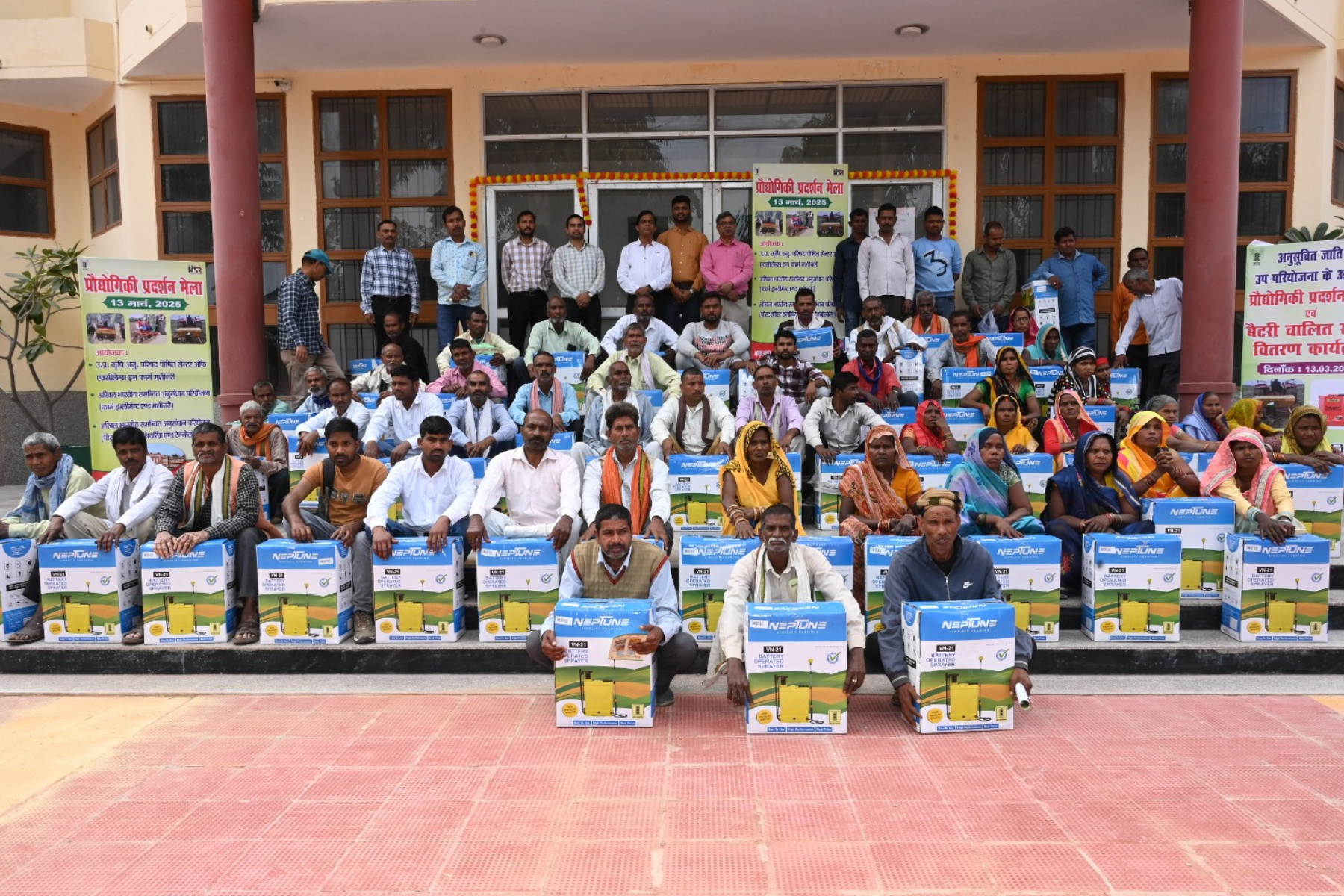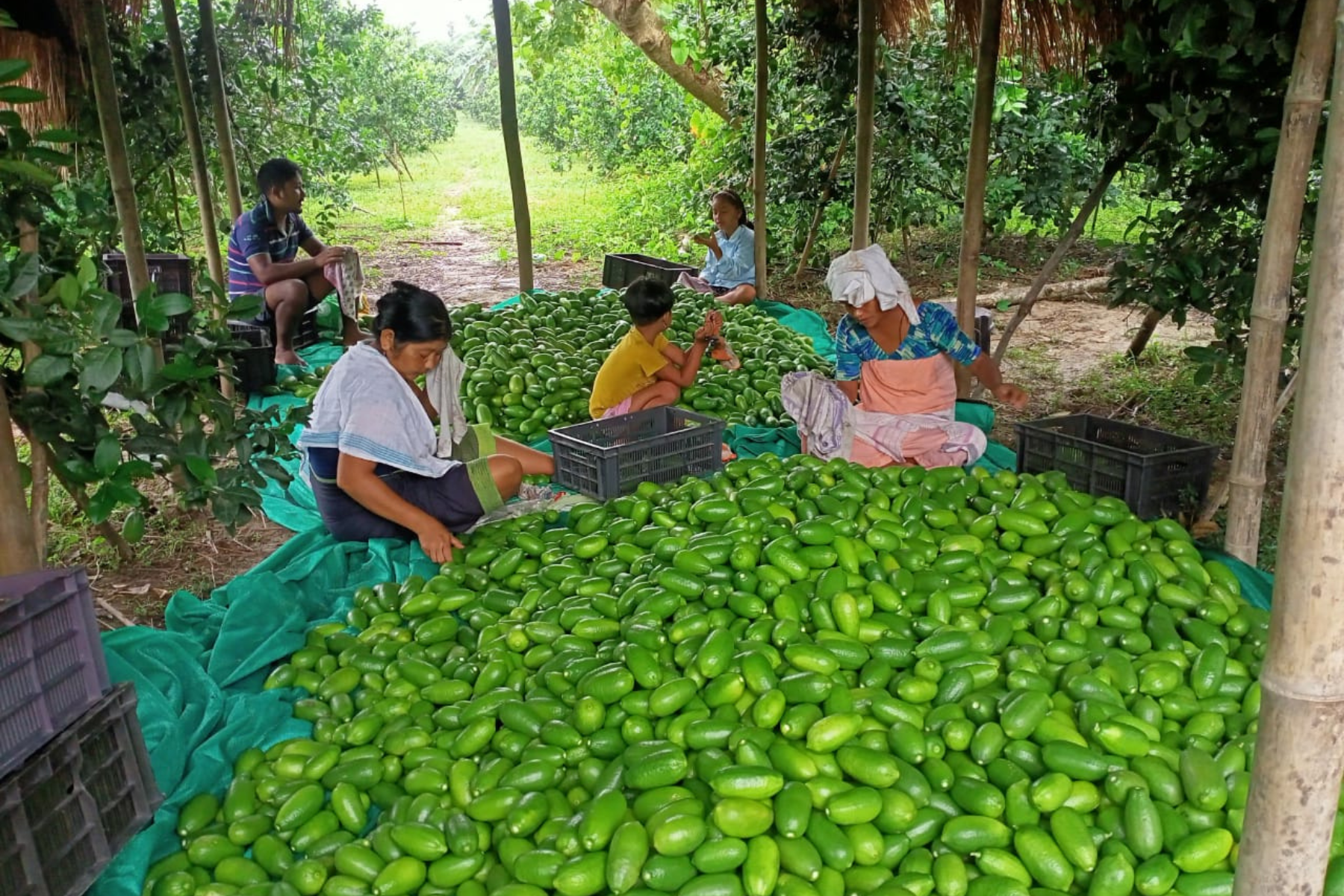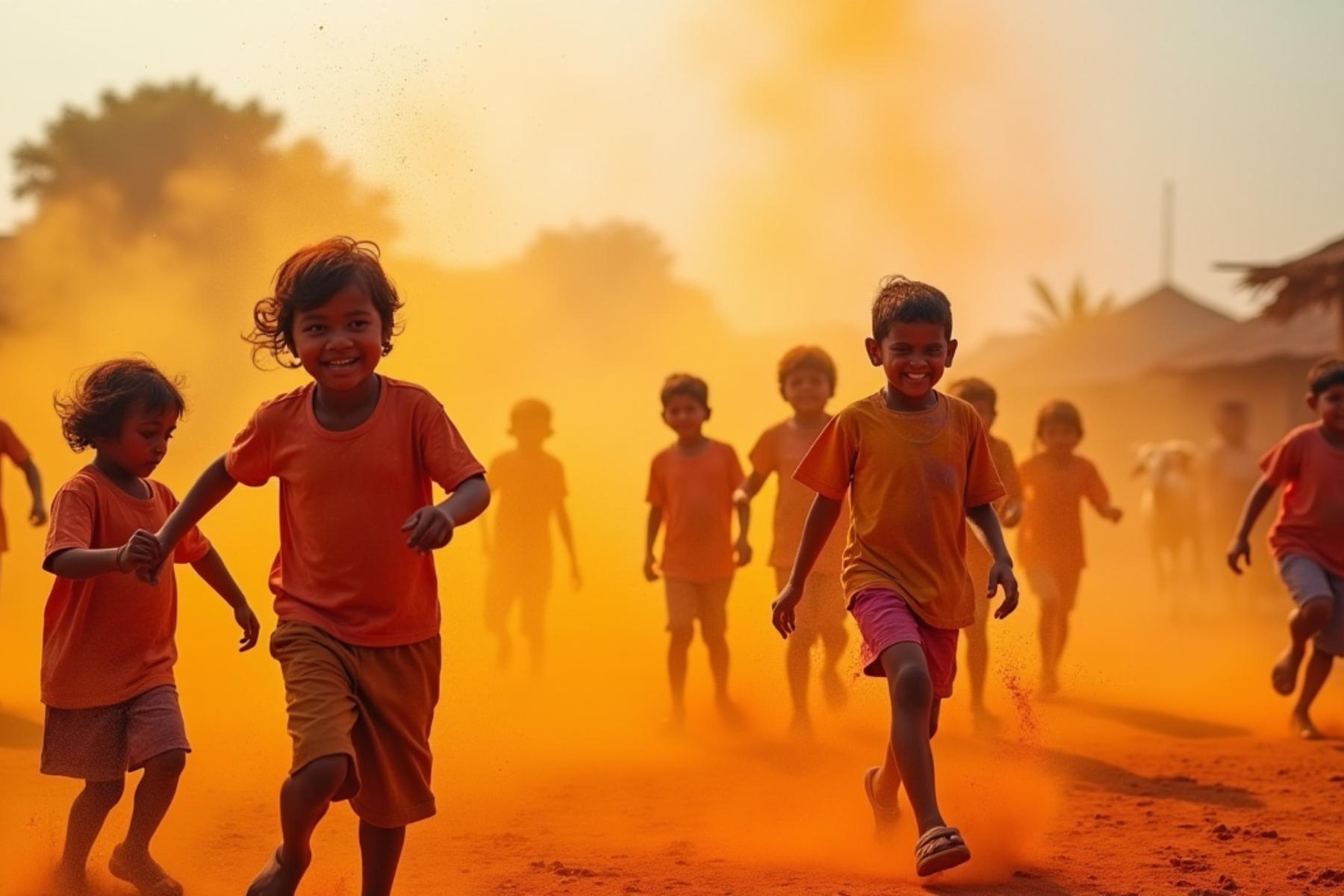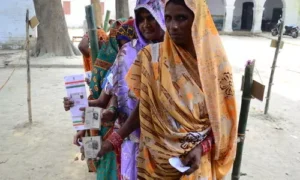Ambala, Haryana
Angrez Singh scoops up fodder with a pitchfork and tosses it over the side of the yellow tractor on which he is standing. ‘Proud to Be Farmer’ is painted in big bold black letters on the back of the yellow tractor.
Farmers stand below with sacks, little carts, anything they have managed to save from the floods, to receive the fodder and take it home to be fed to their cattle that have remained without the feed for nearly a week now.
“We have brought fodder from Birpura village in Punjab. Almost our entire village is here for langar seva,” Angrez Singh, from Birpur village in Ambala, Haryana, told Gaon Connection.
Several villages in Haryana and Punjab are inundated with floodwaters more than a week after extremely heavy rainfall lashed the states in north India bringing the entire region to its knees.
While the government is struggling to restore supplies of basic necessities, it is the villagers like Angrez Singh, whose own kin have lost their crops and other belongings in the floods, are out there to help others.
Local communities have come together and are organising food, drinking water, medicines and other materials — in the true spirit of Punjabiyat.
The inhabitants of Birpur have only just arrived at Nadiyali village in Ambala district. “We were working in other villages in Punjab that are also affected,” said Angrez Singh. He and his fellow volunteers described the terrible state of the villages they had passed by.
“Electric poles are lying upended, trees have fallen, roads have huge cracks, homes have sunk down as their foundations have subsided and huge cracks have formed on the walls,” a volunteer told Gaon Connection.
Meanwhile, more volunteers in tractors rolled into the nearby Khaira village carrying in much needed nourishment. “Water, chole, bread, kadhi chawal… these are some of the things we have brought along with us,” Gurdeep Singh from Samna village in Patiala across the border from Punjab, told Gaon Connection.

Tractors have been making several trips to and from bringing in constant reinforcements and replenishing water and food. “We are in teams and are spread over several of the affected villages. Four tractor-trolleys from our village are on the job,” said Gurdeep.
Also Read: As they sow, so they weep — Ground Report from flood-hit villages in Haryana
The villages are limping back painfully. Women were seen wringing out water from the clothes that they had managed to save, and hanging them out to dry. A few kids stood around, watching. Cattle swished their tails around driving away flies, wondering why they had not been fed.
“We thought we would die. We had just made our beds to lie on when the first wave of floodwater hit us,” Taj Ali, a farm labourer from Nadiyali, told Gaon Connection.
“We just picked up our children, and sought refuge on someone’s terrace. We stayed there for four days without food or water,” Ali said, his voice reflecting the remembered horror of it all.
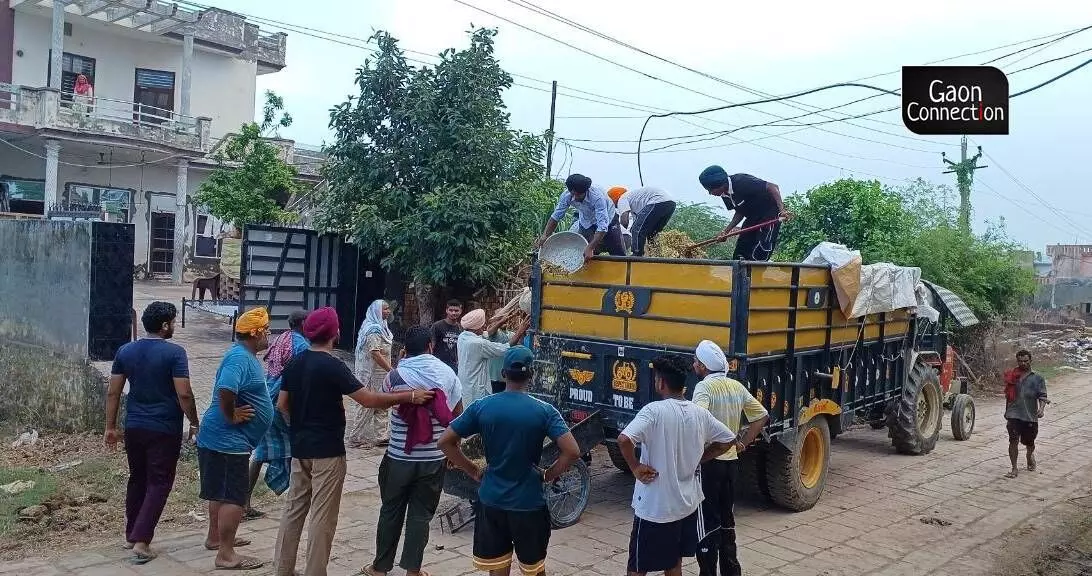
Volunteers distributing fodder for villagers’ cattle. Photo by Brijendra Dubey
He showed his hand that had angry rashes on them. “The dirty water that has been all around us is responsible for this,” he said.
Floods always mean diseases and it is no different this time. Skin allergies, sores, diarrhoea are being reported in flood-hit villages.
“We have brought medicines with us and are seeing as many affected people as we can,” Dr Rinku, a Registered Medical practitioner (RMP) from Fatehgarh Sahib in Punjab along with a team of other doctors, told Gaon Connection.
No government doctor had reached the village yet, farmers claimed. But these doctors had brought along medicines to provide at least the initial temporary relief to the patients till such time they could be further examined.
“It was a pralay not a flood. My transformers, tubewells, sacks of grains, clothes, everything has gone. I have never seen anything like this. My home had four feet of water in it and my fields as much as 12 feet,” Karamjit Singh Khaira told Gaon Connection.
The villagers gratefully received the rations coming to them from fellow farming communities in Punjab. Tractors of food and water and fodder rumble in and stop. Volunteers jump off and go home to home distributing food, water, sometimes clothing and even mosquito repellents. Anything a family that has lost everything may need.
“They have descended on our villages like masihas. We are grateful,” said farmer Ranjit Singh from Nadiyali village. He sat on a charpoy with a few others, eating perhaps his first roti in days.


